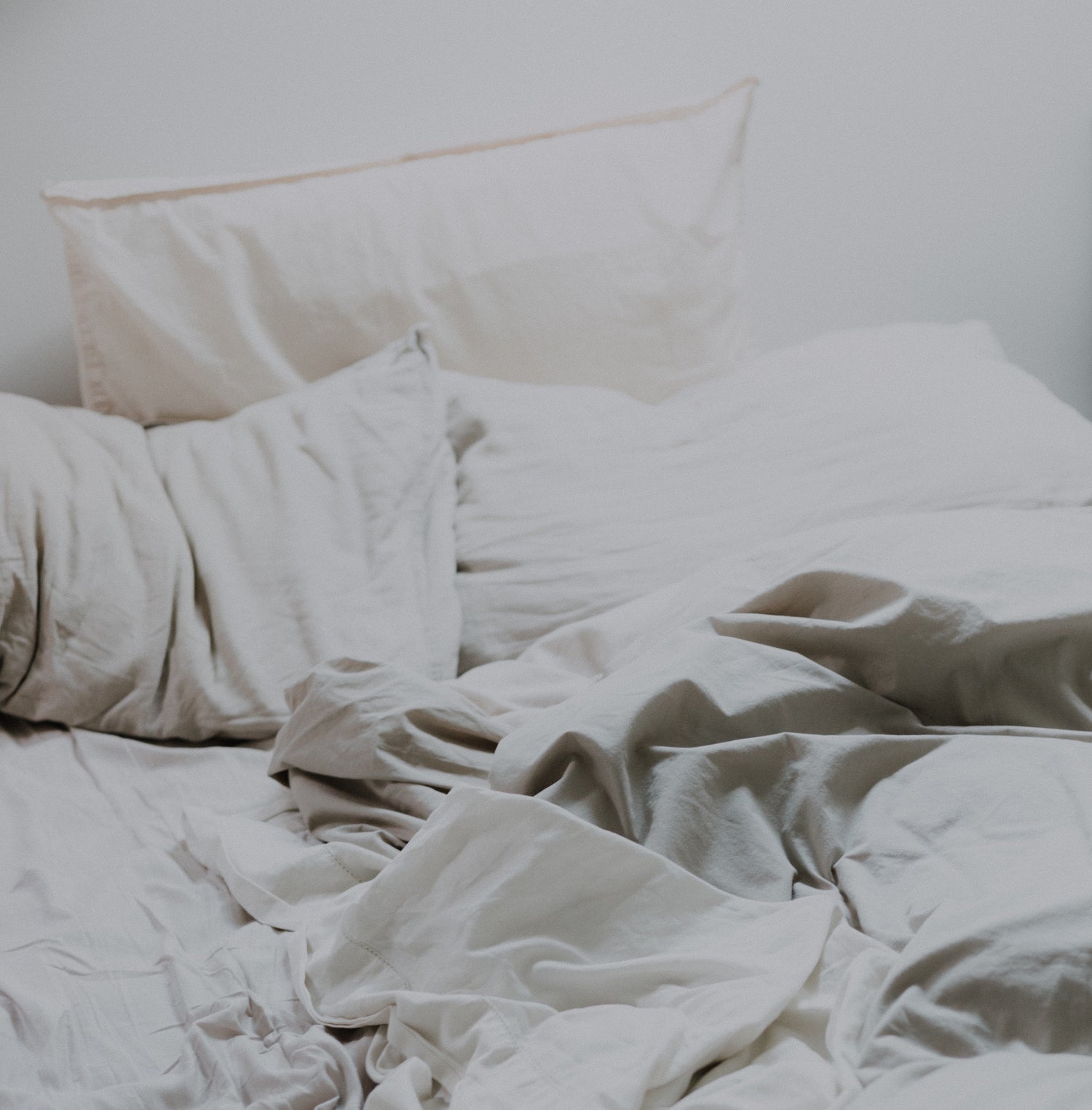The Benefits of a Good Night's Sleep for Hangover Recovery

A good night's sleep is essential for our overall health and well-being, including hangover recovery. When you've had a night of indulgence, getting enough sleep can make a world of difference in overcoming hangover symptoms. In this article, we'll explore the importance of sleep for effective hangover relief and share tips for getting a restful night's sleep after drinking.
Alcohol and Sleep: A Complicated Relationship
While alcohol may help you fall asleep more quickly, it can also disrupt your sleep quality. Alcohol interferes with the sleep cycle by reducing rapid eye movement (REM) sleep, which is essential for cognitive functions like memory consolidation and learning. As a result, you may wake up feeling groggy and fatigued, even after a full night's sleep, prolonging your hangover recovery time.
Sleep and Hangover Recovery
Sleep is vital for hangover recovery for several reasons:
- Healing and restoration: During sleep, your body works to repair and restore tissues, including those affected by alcohol consumption. Adequate sleep allows your body to recover more efficiently from the effects of alcohol and can help reduce hangover symptoms.
- Detoxification: While you sleep, your liver continues to process and eliminate alcohol and its toxic byproducts. A good night's sleep supports your liver in its detoxification efforts, promoting a faster hangover recovery.
- Immune system support: Sleep is essential for a healthy immune system. When you're well-rested, your body is better equipped to fight inflammation and support recovery from a hangover.
Tips for a Restful Night's Sleep After Drinking
To improve your sleep quality and support hangover recovery, consider the following tips:
- Stay hydrated: Alcohol is a diuretic and can lead to dehydration, which can disrupt sleep. Drink water or electrolyte-rich beverages before bed to combat dehydration and facilitate hangover relief.
- Create a sleep-friendly environment: Ensure your bedroom is cool, dark, and quiet. Consider using blackout curtains, a white noise machine, or a fan to create a comfortable atmosphere conducive to hangover recovery.
- Limit screen time before bed: Blue light from screens can interfere with your body's production of melatonin, the hormone that regulates sleep. Try to avoid screens at least an hour before bedtime to improve your sleep quality and support hangover recovery.
- Develop a bedtime routine: Establishing a consistent bedtime routine can signal to your body that it's time to wind down. Engage in relaxing activities like reading a book, taking a warm bath, or practicing meditation to help with hangover relief.
- Avoid caffeine and nicotine: These stimulants can interfere with sleep. Try to avoid consuming them in the hours leading up to bedtime to ensure better sleep and faster hangover recovery.
Prioritising sleep is essential for hangover recovery and overall well-being. By implementing these tips, you can improve your sleep quality and wake up feeling refreshed and ready to tackle the day, leaving hangover symptoms behind.


